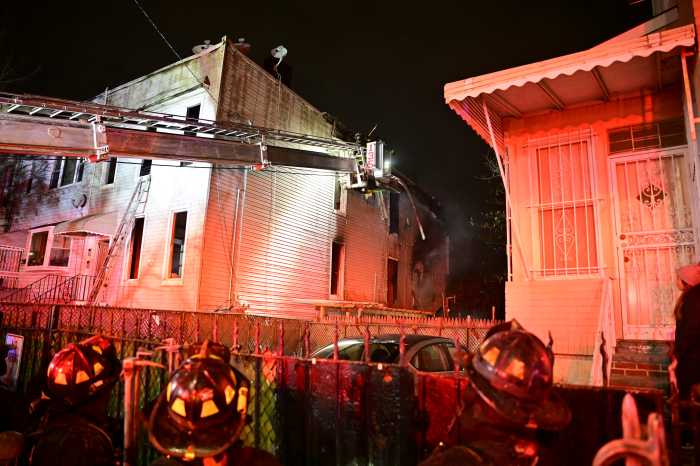Call it an insta-scam.
Crafty cons have cooked up a scheme called “virtual kidnapping” in which they pull personal information from victims’ Facebook, Twitter, and Instagram accounts — including names of friends and family, and places their targets live and visit — to dupe them into forking over dough in exchange for a loved one’s safety.
And I was the target of one of the pitiful plots.
Two weeks ago, I got a phone call from a number with an area code that I recognized, so I picked up.
The caller told me that he had my mother locked in his attic because she allegedly hit his nephew with her car, and sent him to the emergency room. He said that he didn’t want any trouble — but that he would kill my mom unless I paid him $922 to cover the medical bills.
He briefly put my crying “mother” on the phone, insinuated that she would end up in the morgue if I didn’t pay up, and told me not to tell anyone about the situation.
For a minute or so, I actually believed she was in mortal danger.
But as I continued talking to the thug, I began to realize I might be the victim of a scam. He refused to let me speak to my mother again, and when I asked him to describe her to me, he changed the subject by repeating his threats.
I hung up, and as I thought more about what just happened, I started to see holes in the con’s story.
My father and grandfather are much wealthier than I, so it made no sense that my mom would give him my number instead of theirs. And the ransom he demanded was not high at all — certainly a sum my mother could pay if he really wanted it.
I confirmed I was being conned minutes later, when I got in touch with my mom at her workplace.
My gullbility left me feeling pretty stupid, but I was shocked by how the con used relevant information — including the phone number he called from and the state my mom lives in — to manipulate my emotions and instill fear. Sure, I figured it out eventually. But until I did the situation was terrifying.
I talked to a few police officers and researched other virtual kidnapping incidents after the fact, and here are some steps to prevent it from happening to you.
• Put your number on the “do not call” list so strangers can not access it
• If someone calls claiming to have your relative, keep the person on the phone, and contact the police
• Ask the caller to talk to your relative, or to describe him or her — if the caller refuses to do either, chances are it is a scam
The lengths cons will go to deceive their targets is sickening. I don’t know how the man got my number, I don’t know what else he knows about me, but I do know his biggest mistake — trying to con a reporter.
























